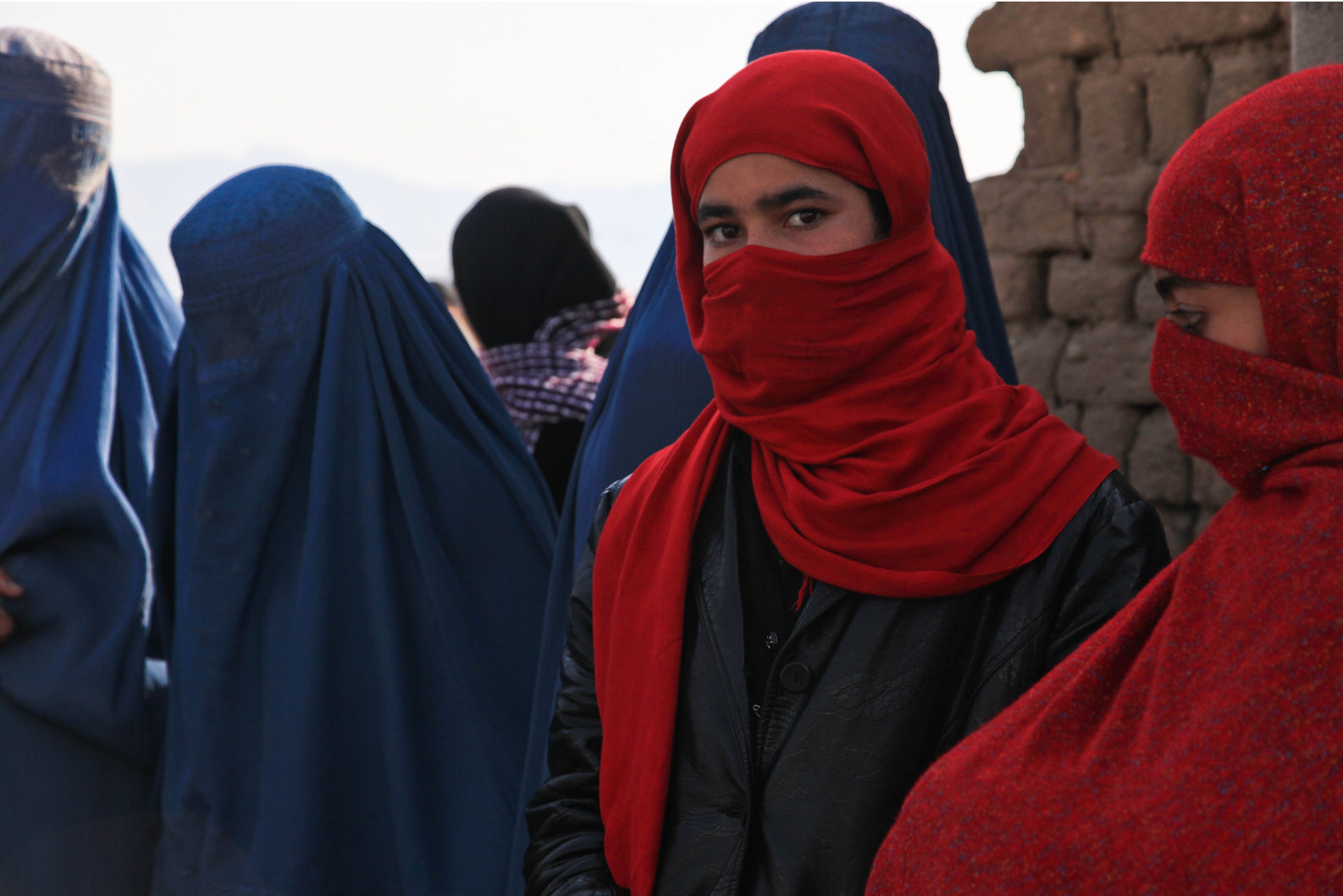The recent ban on the employment of women in Afghanistan signifies a major setback for human rights and carries significant risks for the country’s social and economic fabric. As the Taliban tightens restrictions, Afghan females have no chance to contribute to their families and communities, thus causing significant economic and psychological repercussions.
Economic Consequences: A Detrimental Shift
Excluding women from work is not just about gender; it has broader economic implications. The World Bank’s 2023 report shows that if women are prohibited from working, poverty levels will rise, with millions more households potentially spiralling into deep financial insecurity. Female involvement in labour is vital for household income; studies indicate that when women earn salaries, this dramatically benefits family prosperity while spurring national economic growth.
In Afghanistan, women have played essential roles in education, healthcare, and agriculture over time. Moreover, it is not only their economic independence that is undermined, but innovation and productivity are also stifled by the sudden removal of women from these sectors. The existing limitations restrict the economic recovery of Afghanistan, as suggested by a recent study in 2024, which shows that economies that empower women through employment demonstrate high growth rates. Income for women has been a vital safety net for many Afghan households. There is more financial strain on families when women are prohibited from working, leading to tough decisions concerning education and health care. In addition, because they may be left with no choice but to focus on immediate survival needs instead of long-term investments in education, this further cements poverty cycles among families. What makes this situation even more alarming, given an already fragile economy, is that United Nations estimates have indicated nearly half of the population faces acute food insecurity.
In every aspect, the toll this takes on individuals’ psychology is the most significant. Women in Afghanistan no longer have the opportunity to financially support themselves, which leads to isolation, a loss of independence, and anxiety. Such a position generates a surplus of psychological issues that arise. There was one statement by Aisha, a schoolteacher who is now out of work: “I feel invisible when I’m unable to work. I had a function, and it was removed from me”. However, work is also one way that women relate to the world – for many, a job is more than something they do to be paid. The affective dimension of unemployment may generate experiences of loss, with workers experiencing ‘a sorrow at the loss… for what they created – partly through work. Studies indicate an increase in domestic violence when economic opportunity disappears, and men lose the power to provide – anger comes from helplessness. Indeed, the consequences extend beyond individual women to their families and communities. Research has shown that women’s mental health correlates substantially with economic roles: when disallowed work, many can no longer have healthy family relationships and are under a severe burden to the point where they begin Javert-type behaviours. The employment ban does not just hurt women but also impacts entire families and communities, further entrenching cycles of misery.
Success Stories: Unrealized Potential
Despite the hardships today, the successes of Afghan women who have made a difference remind us of the potential that is being lost. Women such as Farima—a talented artisan who turned a small business employing other women into an environment of economic independence and empowerment—”I never just wanted to earn for myself,” says Farima. “I wanted to uplift others.” Another inspirational figure is Manizha, a health worker who performed wonderfully by raising the ICU maternal health status in her village. Her work was crucial in saving many lives and inspired other women to pursue a career in health sciences. Indeed, “education and work make us strong.” With the ban, all those dreams feel crushed. These stories epitomize the fights, the astounding resilience, and the unrealized potential of Afghan women. They are an example of what these women can give back to society. Still, their absence has a considerably more profound impact: out of their actively enforced silence into communities that could be putting vital contributions to use in pushing development and social progress forward.
International Reactions: Global Solidarity
The global community has reacted with denunciation, accompanied by calls to action. Many nations have mandated sanctions on the government in power in Afghanistan, specifically against those individuals who have been suspected of enforcing the Taliban’s ban on women working. This includes agencies like Amnesty International and Human Rights Watch, who have raised the plight of Afghan women, compelling world leaders to take a complete stand against such an oppressive measure. Further, even with these restrictions, international aid organizations are scrambling for loopholes to get some kind of support through to Afghan women. Solidarity at this level is needed to create a global movement that shakes its head and calls for accountability and change. Countries like Canada and the United States announced funding for programs supporting Afghan women and girls with educational initiatives in the face of challenges from the Taliban regime. This manifests in grassroots solidarity movements. Afghan women in exile and allies worldwide take the front line to organize awareness campaigns in their respective areas, mobilizing resources for the ones left behind in Afghanistan. Online activism and social media campaigns are becoming very effective advocacy tools; after all, such embattled women can share their stories and lived experiences despite the communication blackout in that country.
Future Outlook: Pathways to Re-Entry
The future scenario of re-entry for Afghan women depends on domestic and international efforts. Activism on women’s rights needs to continue loud and clear to strongly clamour for the Taliban to grant recognition and acknowledgement of the rights of women as integral to the future of Afghanistan. Afghan women exhibit resilience through continued activism amidst death threats. International support can pave the way to create pathways for the re-employment of Afghan women. This can be done via funding for vocational training programs that empower women with skills relevant to more flexible and remote work arrangements, thus bypassing some of the current restrictions. In embracing technology-driven approaches, there can be significant opportunities for Afghan women to be part of the global economy.
Moreover, international organizations could facilitate the setting up of women-led enterprises with microloans and other means of regaining economic agency for women. This might be enabled through the involvement of local NGOs in developing educational programs that improve entrepreneurial skills among women and, in turn, open ways for more robust participation in the economy in the future. As the Afghan women show their resilience and determination, it becomes increasingly incumbent upon the international community to stand in solidarity and offer help.
Conclusion: A Collective Responsibility
The prohibition against employment for Afghan women is an open and brazen violation of human rights, which reverberates in both economic and psychological ways. Making Afghan women’s voices visible and begetting their rights can help the international community restore their agency and potential. The stories of resilience and contribution are potent reminders of what is at stake. Going through this complex structure, global solidarity and actionable support at every step hold the key to empowering Afghan women so that one day, their efforts will be duly recognized and their rights firmly established. The struggle of Afghan women is something beyond internal struggle; it is a global challenge that needs collective action with solid commitment.
References:
– World Bank. (2023). Economic Consequences of Gender Inequality in Afghanistan.
– UN Women. (2024). Empowering Women in Afghanistan: A Path Forward.
– Amnesty International. (2024). Report on Human Rights Violations Against Afghan Women.
– United Nations. (2023). Food Security and Women’s Rights in Afghanistan.

